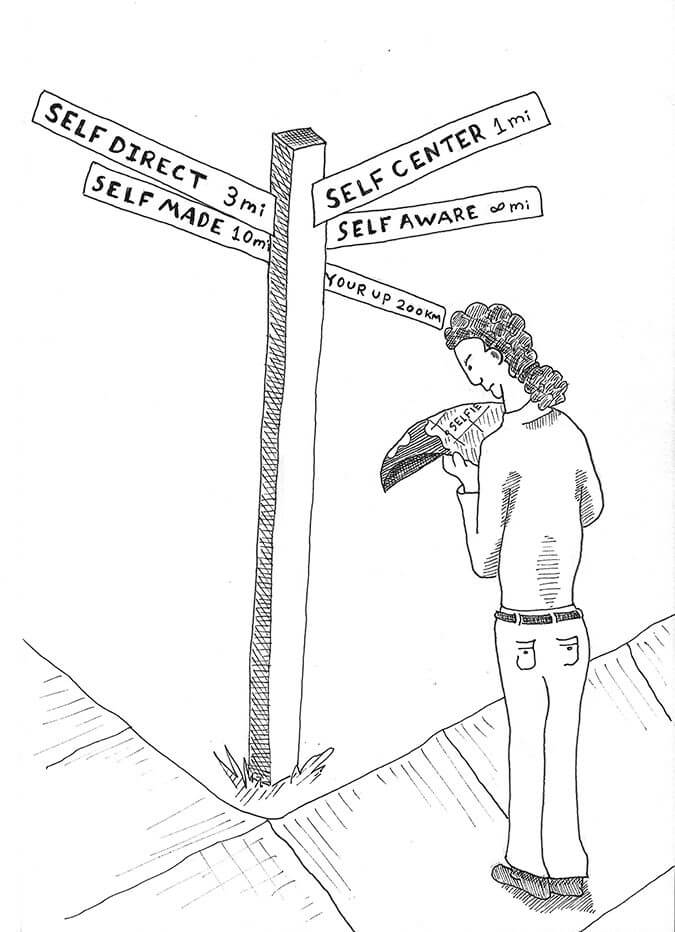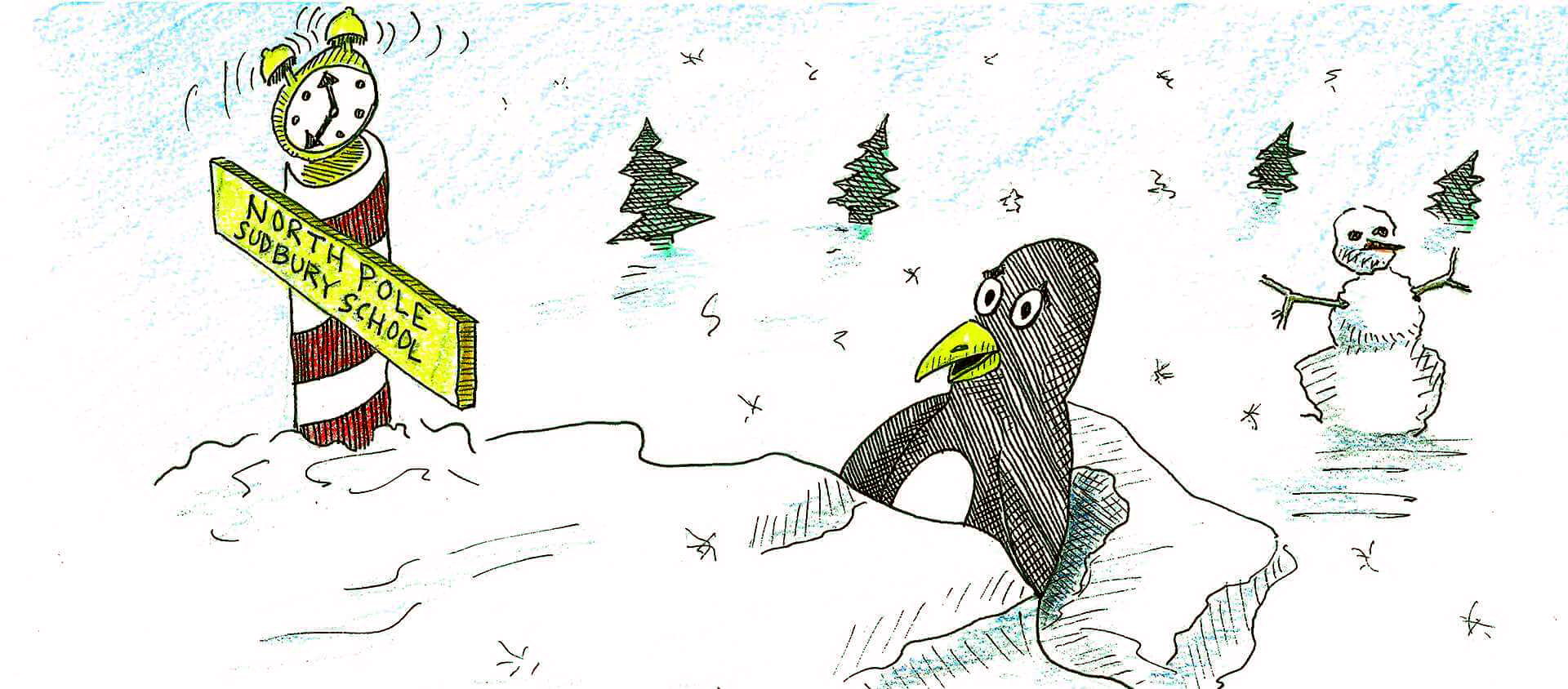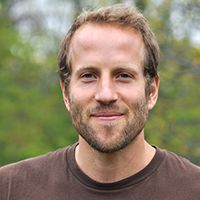Supporters of Self-Directed Education often find themselves on the defensive, answering the same questions again and again, frantically batting away objections about academics and credentials, and trying to redirect attention to our ideas about how education really works.
While it does make sense that many newcomers to Self-Directed Education ask those questions, one that I get on occasion really baffles me: Won’t self-directed kids inevitably become “Special Snowflakes?” Now, I associate the rise of the “Snowflake,” who has been given too much shelter and not enough responsibility, with the increasing intensity of “Helicopter Parenting” and the expanding demands of compulsory schooling, two trends at odds with the spirit and practices of SDE. That the question is asked, though, is telling, as it indicates a basic misunderstanding about SDE: self-directed is assumed to mean self-centered. Apparently the people who ask this question picture self-directed kids as toddler-tyrants, lounging on beanbag thrones and ordering around their adult attendants (“More chocolate milk now!”).

The same people also ask how self-directed kids will manage to function in “the real world,” where (supposedly) everyone’s lives are de facto directed by authorities like bosses and government officials; having been self-directed as children, won’t they be unwilling to work for someone else as adults, and unable to follow rules? This question similarly assumes that self-directed also means self-important.
This essay will explain how Self-Directed Education does not mean self-centered, or self-important, and how it actually produces people totally unlike Snowflakes, people who are conscientious, self-possessed, and tough.
Special Snowflake Syndrome
On Wiktionary, Special Snowflake Syndrome is defined as,
(derogatory) The conviction that one (or often, one’s child) is, in some way, special and should therefore be treated differently than others.
That much is true, but SSS is more than a mere conviction; it’s a mode of being. The Snowflake is the modern incarnation of the narcissus archetype, the culmination of consumer culture: the inveterate customer – always right, entitled to more, and buying on credit. Snowflakes require the world to conform to their naive expectations, refrain from ever causing them pain, and please them always. They insist that the world protect them, in perpetuity, from the risks inherent in the project of growing up – the snowflake lives in a snowglobe. They turn the old maxim on its head by insisting that if it hurts, it can’t be the truth. The two primary characteristics of the Snowflake are intolerance and entitlement.
Self-directed Students are not Sheltered
What on earth could create such a singularly narcissistic subject? Given the Snowflake’s intolerance of confrontation, debate, and challenging ideas, it seems quite likely that they spent most of their childhood in a sheltered and tightly regulated environment, where adults diligently “kept them safe” at all times. SDE environments, on the other hand, are by definition not sheltered or tightly regulated. At Hudson Valley Sudbury School, for example, students of all ages move about the campus and interact freely. As a staff member there, at any given moment I don’t know where anyone is unless they’re standing in front of me, and I don’t know how old anyone is unless it’s their birthday. Our students have to figure out how to share spaces, create and adjust rules, and hold each other accountable (rather than have all that done for them by adults). Much of their time is spent in free-form and sometimes raucous conversation, which is often intellectually adventurous and “interdisciplinary,” often combining ideas from disparate fields likes biology, philosophy, and visual art. Freedom of speech is valued highly, and although there are regulations (such as a hate speech law), our students are able to explore and express a wide variety of ideas, and to articulate them in language which would be considered deviant elsewhere (kids cursing!) if they choose to. They learn to defeat cowardly and pernicious arguments with better arguments rather than by censorship, and they learn other methods of understanding and coping with speech which offends them.

Not only that, but as Romey Pitman, a former facilitator at the Fairhaven Sudbury School points out in this superb piece distinguishing Sudbury schools from other educational models, our democratic School Meeting can be loud and contentious, involving special interest groups politicking, voters making judgements, and defendants being “sentenced.” It is “real” and not necessarily “enlightened,” insofar as participants generally aim for honesty rather than congeniality. The Sudbury model aims to give children access to the full complexity of life, which sometimes includes unpleasant truths and mean ideas. All of this adds up to an environment which fosters intellectual fearlessness and which is quite unfriendly to the delicate and righteous snowflake.
Self-directed Students are not Entitled
Given the reflexive entitlement of the Snowflake, I would also guess they’ve never been burdened with many responsibilities; they didn’t have to care for anything or anyone else, nor did they have to make any important decisions or take the initiative to get anything done. Self-directed students sometimes appear to have the least amount of responsibility of anyone – after all, they don’t have to do anything in particular. What’s harder to see, however, is that because they aren’t being told what to do, they have all the responsibility for figuring out what to do; self-directed students have to create their own life, because no one else is going to do it for them. They have to make real choices and ponder difficult questions, like, “who am I now?” “What is my next task?” “What do I want to do next?” All the time. We don’t deprive them of the struggle and rewards of answering these questions by handing them our answers.

Our students also have to take the initiative to request whatever resources they need to accomplish their goals, to collaborate in acquiring those resources, and to organize a structure for utilizing the resources. Perhaps the most challenging part comes last, when they have to follow through by maintaining their commitment themselves, because there are no extrinsic carrots and sticks. If a student decides to drop a project, they’re not going to punished for it. By the same token, they’re not going to be rewarded for doing stuff – the school doesn’t hand out grades and awards and trophies. The reward here has to be the thing in itself, and the lessons learned in the process.
Self-directed does not mean self-centered or self-important
To be self-directed implies that you respond to life by reflection, by asking what you should do, or want to do, rather than what others want you to do. It means that what matters is the choices you make, not the choices others make, or want you to make. This is not self-centeredness, it is self-awareness and self-control. Self-directed people are prepared to do what it takes to get what they want because they’ve learned that things won’t just fall into their laps all the time. Self-directed means something more like self-made. Snowflakes are made by adults – by a style of child-rearing which does not ask the child to take responsibility for themselves or their community. The absence of ownership and responsibility fosters intolerance and entitlement; Self-Directed Education is about as liable to foster those qualities as I am likely to wake up tomorrow morning a penguin. Covered in snowflakes.
If you enjoyed this article and feel called to give back to ASDE, here are ways you can support our work:
- Donate money
- Share our content with others! Click one of the buttons above to easily share on Twitter, Facebook, or email.
- Consider becoming a Contributor for Tipping Points
Tipping Points Magazine amplifies the diverse voices within the Self-Directed Education movement. The views expressed in our content belong solely to the author(s). The Alliance for Self-Directed Education disclaims responsibility for any interpretation or application of the information provided. Engage in dialogue by reaching out to the author(s) directly.






